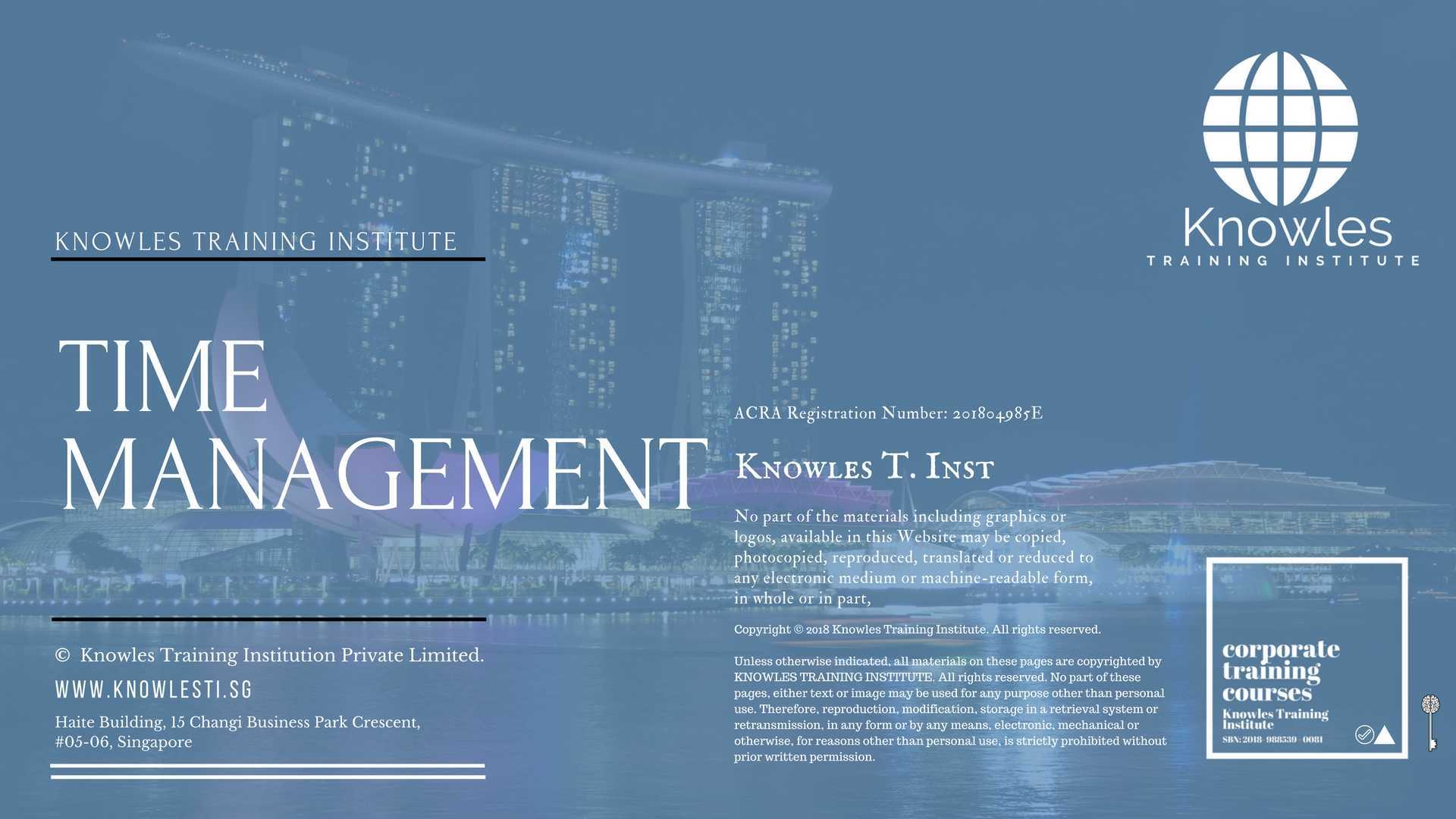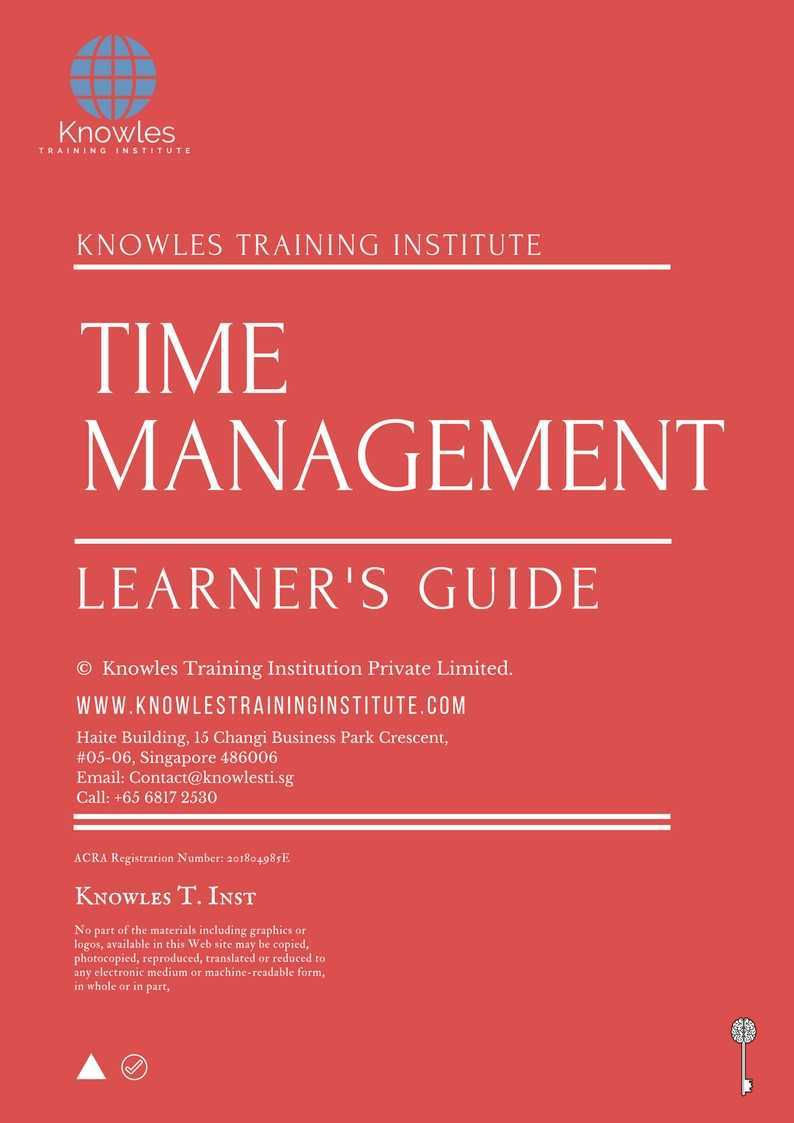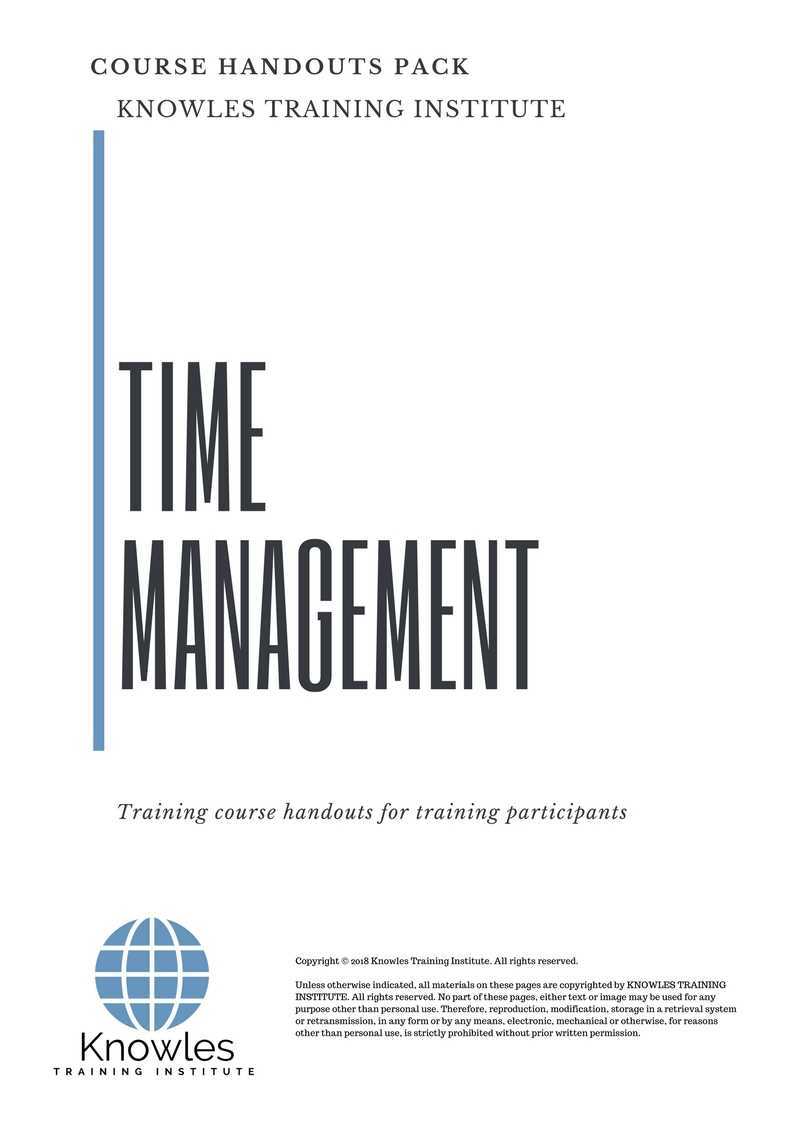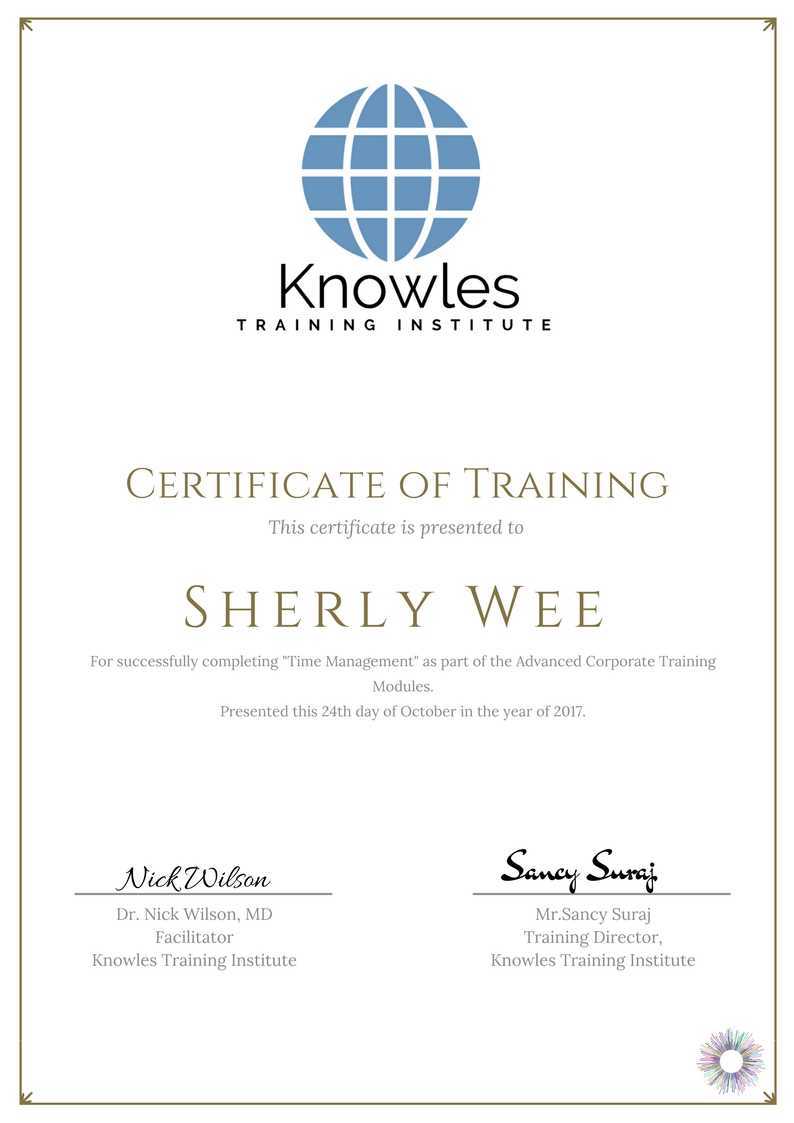Time Management Training Course In South Africa
Our corporate training course is also available in Johannesburg, Cape Town, Durban, Pretoria, Port Elizabeth, Pietermaritzburg, Benoni, Tembisa, Vereeniging, Bloemfontein, Soweto, East London, Polokwane, Krugersdorp, Rustenburg, Witbank, Nelspruit, Alberton, Midrand, Upington, Middelburg, George, Somerset West, Vanderbijlpark, Worcester, Port Shepstone, Potchefstroom, Brakpan, Springs, Uitenhage, Stellenbosch, Franschhoek, Knysna, Hermanus, Hout Bay, Plettenberg Bay, Mossel Bay, Oudtshoorn, Clarens, Jeffrey’s Bay.

About This Time Management Training Course in South Africa
Learn Powerful Effective Time Management Techniques
“Time and tide wait for none”. As cliché as this may sound, it is a common fact. In the corporate environment, the process of planning and implementing the plans promptly is vital. Time is a scarce source only for companies but their employees as well.
Time management refers to designating time effectively. It empowers individuals to make the best use of the time.
Who Should Attend This Time Management Course in South Africa Workshop
This time management course in South Africa workshop is ideal for anyone who would like to gain a strong grasp and improve their time management.
All Staff Within An Organisation
Managers
Team Leaders
Executives
Assistants
Officers
Teachers
Group Size For This Effective Time Management Training Program Course in South Africa
The ideal group size for this time management course in South Africa is:
Minimum: 5 Participants
Maximum: 15 Participants
Course Duration For This Effective Time Management Skills Course in South Africa
The duration of this time management course in South Africa workshop is 1 full day. Knowles Training Institute South Africa will also be able to contextualised this workshop according to different durations; 2 full days, half day, 90 minutes and 60 minutes.
1 Full Days
9 a.m to 5 p.m
Time Management Course in South Africa Benefits
Below is the list of course benefits of our time management course in South Africa
- Learn how to prioritize your tasks and manage your time
- Develop strategies to manage procrastination and lack of motivation
- Handle hefty work load with proper time management
- Gain insight on how to achieve short term and long term work and life goals
- Enables employees to plan career progression and enjoy timely promotions and job appraisals
- Enables the organizations to have efficient and motivated work force
Time Management Course in South Africa Objectives
Below is the list of course objectives of our time management course in South Africa
Time Management Training Course in South Africa – Part 1
- Plan and prioritise each day’s activities in a more efficient, productive manner.
- State how to overcome procrastination quickly and easily.
Time Management Training Course in South Africa – Part 2
- Handle crises effectively and quickly.
- State how to organise your workspace as well as workflow to make better use of time.
Time Management Training Course in South Africa – Part 3
- List some ways to delegate more efficiently.
- State some rituals to make your time run smoother.
- Explain how to plan meetings more appropriately and effectively.
Course Content For This Time Management Training Course in South Africa
Below is the list of course content of our time management training course in South Africa
Time Management Course in South Africa– Part 1: Setting SMART Goals
Goal setting is important to effective time management approaches. It is the single most valuable life skill that, regrettably, most people never learn how to do well.
- The Three P’s
- Establishing meaningful, long-term goals is a giant step toward achieving anything.
- The SMART Way
- SMART is a useful acronym for the set of standards that a goal must have for it to be achieved by the goal achiever.
- Prioritizing Your Goals
- Completing challenging goals demands a lot of mental energy.
- Visualisation
- Emotionalising and visualising your goal will assist you to create the desire to develop it into your life.
Time Management Course in South Africa – Part 2: Prioritizing Your Time
Time management is more than just managing our time; it is about managing ourselves, concerning time. It is about establishing priorities and taking charge.
- The 80/20 Rule
- The 80/20 rule, also known as Pareto’s Principle, says that 80% of your outcomes come from only 20% of your efforts.
- The Urgent/Important Matrix
- Excellent time management means being efficient as well as practical.
- Being Assertive
Time Management Course in South Africa – Part 3: Planning Wisely
The symbol of successful time management is being consistently productive each and every day.
- Creating Your Productivity Journal
- Maximizing the Power of Your Productivity Journal
- Personal development master Brian Tracy believes that when you write down your action list the night before, your subconscious mind concentrates on that plan while you sleep.
- The Glass Jar: Rocks, Pebbles, Sand, and Water
- The story about time management that uses a glass jar, rocks, stones, pebbles, sand, and water to demonstrate how to plan your day.
- Chunk, Block, and Tackle
- Big projects can at times be so overwhelming that it is challenging to even plan to try and start them.
- Ready, Fire, Aim!
Time Management Course in South Africa – Part 4: Tackling Procrastination
Procrastination involves delaying a task, or even several tasks, that should take precedence.
- Why We Procrastinate
- There are many reasons why we procrastinate.
- Nine Ways to Overcome Procrastination
- Eat That Frog!
Time Management Course in South Africa – Part 5: Crisis Management
With more meticulous planning, increased efficiency, and increased productivity, the number of trials you encounter will decline.
- When the Storm Hits
- The answer to successfully handling a crisis is to move quickly and decisively, but thoughtfully.
- Creating a Plan
- Once you have collected the data, it’s time to create a plan.
- Executing the Plan
- As you execute the plan, make sure that you continue evaluating if the plan is working.
- Lessons Learned
- After the crisis has ended, take time to look at why it happened and how to prevent it in the future.
Time Management Course in South Africa – Part 6: Organising Your Workspace
To efficiently manage your time and to be productive each day, you must create a suitable environment.
- De-Clutter
- Removing clutter is itself a time-consuming task, but a cluttered workspace significantly reduces your ability to find things, and you will get the time back that you invest.
- Managing Workflow
- Dealing with E-mail
- Using Calendars
- It is essential to organize your reminders into a small number of calendars and lists that can be examined daily.
Time Management Course in South Africa – Part 7: Delegating Made Easy
If you work on your own, there’s only so much you can get done, no matter how hard you work.
- When to Delegate
- Delegation enables you to make the best use of your time and skills, and it encourages other people in the team to grow and develop to attain their full potential in the organization.
- To Whom Should You Delegate?
- Once you have decided to delegate responsibility, think about the possible candidates for accepting the task.
- How Should You Delegate?
- Delegation does not have to be all or nothing.
- Keeping Control
- The Importance of Full Acceptance
- Set aside enough time to completely review any delegated work that was delivered to you.
Time Management Course in South Africa – Part 8: Setting A Ritual
- What is a Ritual?
- The Random House Dictionary describes a ritual as, “any practice or pattern of behaviour frequently performed in a set manner.”
- Using Rituals to Maximize Time
Time Management Course in South Africa – Part 9: Meeting Management
Meetings are often seen as a necessary evil of office life. Few people look forward to meetings, and with sound reason.
- Deciding if a Meeting is Necessary
- The first thing you need to determine is if a formal meeting is necessary.
- Using the PAT Approach
- We use the PAT method to prepare for and plan meetings.
- Building the Agenda
- Keeping Things on Track
- Making Sure the Meeting Was Worthwhile
Time Management Course in South Africa Value Added Materials
Each participant will receive the following materials for the time management course in South Africa
Time Management Training Course in South Africa Learner’s Guide

Time Management Course in South Africa Handouts

Time Management Training Course in South Africa PPT Slides Used During Course

Time Management Training Course in South Africa Certification
Each course participant will receive a certification of training completion

Course Fees For Time Management Training Course In South Africa
There are 4 pricing options available for this time management training course in South Africa. Course participants not in South Africa may choose to sign up for our online time management training course in South Africa.
USD 679.97 For a 60-minute Lunch Talk Session.
USD 259.97 For a Half Day Course Per Participant.
USD 419.97 For a 1 Day Course Per Participant.
USD 569.97 For a 2 Day Course Per Participant.
Discounts available for more than 2 participants.
Upcoming Time Management Training Course in South Africa Schedule
Contact us for the latest time management course in South Africa schedules:
Email: contact@knowlesti.co.za
Message:
Download Time Management Course in South Africa Brochure

Request for this Time Management course in South Africa brochure. Fill up the short information below and we will send it to you right away!
Post Training Support: A vast majority of training does not have any effect beyond 120 days. To work, training has to have a strong pre- and post-training component. Post-training reinforcement helps individuals to recall the understanding and ask questions.
Blended Learning: Learning does not occur in the classroom. Virtually everybody prefers distinct ways of learning. Successful learning should have a multi-channel, multi-modal strategy.
- We Understand The Industry: We’ve got a profound comprehension of the business, business design, challenges, strategy and the that our participants are in and have designed the courseware to cater to their professional needs.
- Course Content: Knowles Training Institute’s material is relevant, of high quality and provide specific learning results. Participants will leave the training course feeling as they have gained a strong understanding and will also be in a position to execute what they have learned sensibly.
Course Development — The workshop modules follow a systematic and logical arrangement. This structure helps to ensure that the course material allows the facilitators to deliver the course in a logical arrangement. Consider the subjects as building bricks into learning, our facilitators slowly build towards a comprehensive picture of this entire topic.


Course Enquiries

Fill up the form and we will get back to you in less than 1 working day.
Alternatively, give us a call to have one of our training consultants contact you. Our corporate training courses can be contextualized to meet your organization’s training needs. Leverage on our large pool of professional trainers and consultants for your organization’s training needs.
Email: contact@knowlesti.co.za
We Guarantee 100% Privacy. We Respect Your Privacy. Your Information Will Never Be Shared.


